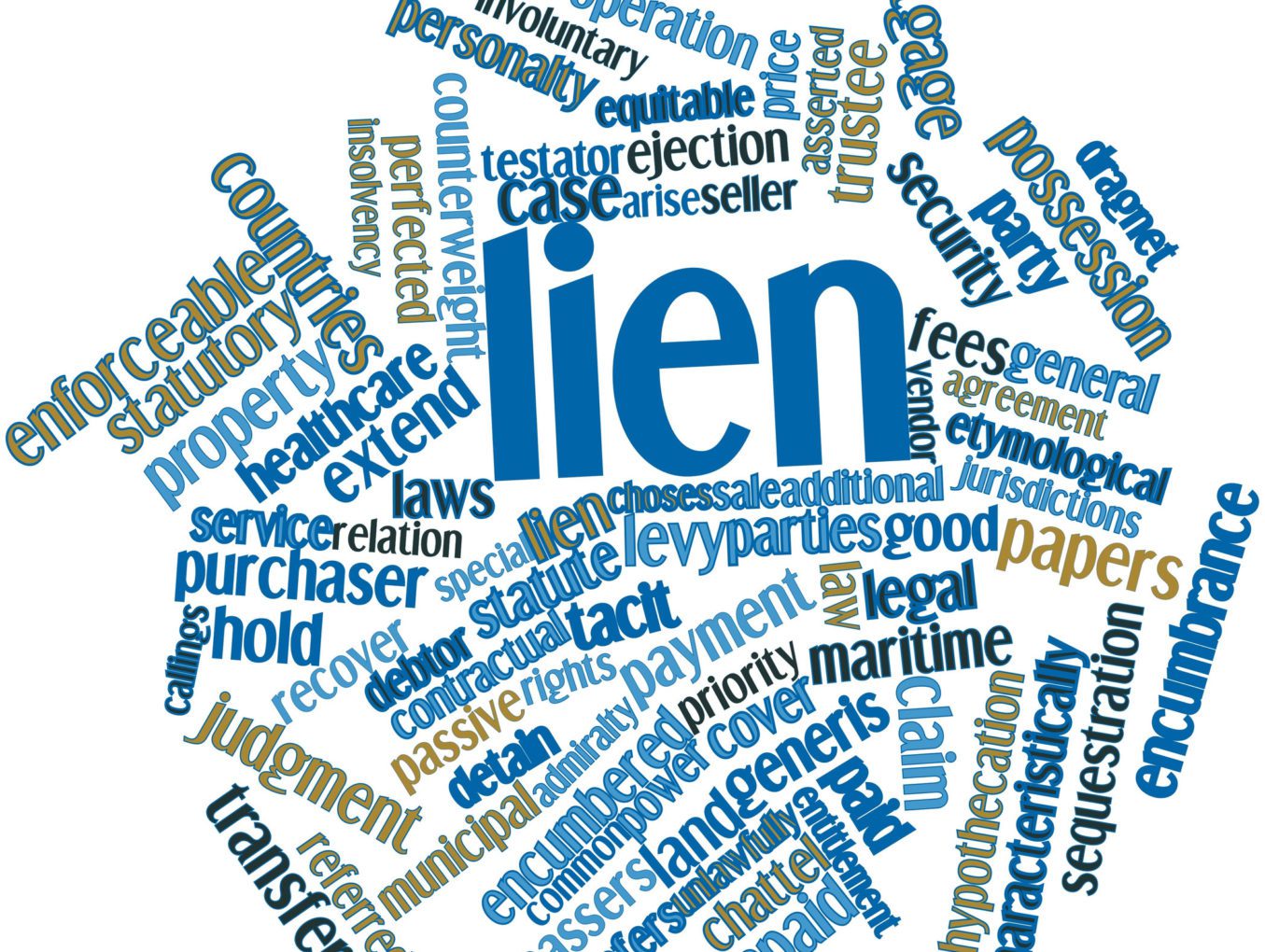If you have an IRS tax debt that you have neglected or failed to pay for a while, the agency can place a tax lien on your property. A federal tax lien is the IRS’s “legal claim against your property” to recover your back taxes.
This means failure to clear your tax debt within a specified amount of time may result in the seizure of your property, including home or bank accounts. One way to deal with a federal tax lien is by requesting IRS federal tax lien subordination.
What Is Federal Tax Lien Subordination?
There are scenarios where several creditors have an interest in your property. For example, if you bought your home with a mortgage, the mortgage company typically has an interest in your property. When the IRS puts a lien against that property, paying the agency and the mortgage company can get tricky.
IRS tax lien subordination is an arrangement that enables another creditor to advance in priority to the IRS. In essence, federal tax lien subordination means the IRS is giving up its priority on your property so you can get a loan, mortgage, or other financing.
With tax lien subordination, the IRS tax lien remains on your property, but it will be a lower priority than the financial interest of new lenders.
Can Federal Tax Lien Subordination Help You Get a New Loan?
Federal tax lien subordination can improve your chances to get a new loan. With a tax lien in place, getting a new loan is a challenge since new creditors will automatically be placed below the IRS priority. Once you successfully request tax lien subordination, the IRS gives up their priority to your property so that you can use your property as collateral for a new loan.
How Do You Apply for Federal Tax Lien Subordination?
You can apply for tax lien subordination, known as a Certificate of Subordination of Federal Tax Lien, using the instructions provided in IRS Publication 784. You should also complete the required information on IRS Form 14134. Importantly, you should submit your tax lien subordination application a minimum of 45 days before a loan appointment.
Additionally, provide the IRS with the documents for your loan meeting and the basis for subordinating the tax lien.
Does Federal Tax Lien Subordination Remove a Federal Tax Lien?
Federal tax lien subordination does not remove a federal tax lien, but it gives you the ability to get a new loan. This means the tax lien remains until you pay off your full tax debt. If the IRS agrees to subordinate your tax lien, they will give you a Certificate of Subordination that you present to lenders whenever you need a new loan or mortgage.
Can You Appeal a Denial of Federal Tax Lien Subordination?
You have a right to appeal the denial of federal tax lien subordination. However, if your tax lien subordination application was rejected, it is worthwhile to first speak with the IRS staff who denied your request to find out the grounds for their denial. If they don’t respond or approve your request, submit a “Collection Appeal Request” (IRS Form 9423). A tax expert can help file your appeal.
What is the Difference Between the Subordination of Federal Tax Lien, Discharge from Federal Tax lien, and Withdrawal of Notice of Federal Tax Lien?
In addition to tax lien subordination, there are two other options to deal with IRS tax liens on your property:
- Discharge of Property: Discharge of property is a request to the IRS to remove the federal tax lien, so you can sell the property and use the money to clear your tax debts.
- Withdrawal of Notice of Federal Tax Lien: If you arrange to pay off your back taxes, the IRS has the authority to withdraw your federal tax lien. Setting up an IRS installment agreement or submitting and Offer in Compromise can help convince the IRS to withdraw a lien.
Finally, the best way to avoid a federal tax lien is to pay off your tax debt as soon as possible. If you cannot pay the tax, respond to the IRS notices and take steps to resolve your tax debt. You can apply for tax relief as part of the Fresh Start Program to setup an IRS payment plan, submit an Offer in Compromise (OIC), or request “Currently Not Collectible” (CNC) status.
An IRS expert at Wiztax can help you choose the best tax relief option for your tax situation. Call us today at (866) 568-4593 to learn more about how we can help, or start here to take our free online evaluation. Regardless, we promise to save you thousands in fees.
6 Simple Questions. Free Evaluation.
Join our Newsletter
Enter your email address to join our free newsletter. Get all the latest news and updates.

